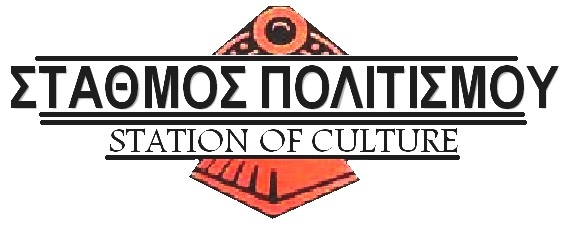In the era of sustainable development and corporate social responsibility, the role of companies in promoting ESG principles (Environmental, Social, Governance) is becoming increasingly crucial. In this context, the evaluation of suppliers based on ESG criteria emerges as a significant factor shaping corporate governance. The integration of ESG factors into the supplier selection and evaluation process reflects companies’ commitment to improved environmental and social performance. Companies now realize that selecting suppliers with high standards in environmental, social responsibility, and governance contributes both to risk reduction and to creating opportunities for innovation and sustainable development.
The focus on ESG criteria is not only about effectively managing risks but also about creating value for companies. On one hand, evaluating suppliers based on ESG criteria contributes to reducing potential environmental and social risks associated with companies’ production processes. On the other hand, collaborating with suppliers that adopt best practices in sustainability can lead to new opportunities for growth, innovation, and competitiveness for companies.
The concept of corporate sustainability due diligence not only evolves but also ensures the protection of the environment and human rights. In order to strengthen these principles both at European and global levels, the European Union introduced the Directive on Corporate Sustainability Due Diligence (CSDDD).
This directive, established as part of efforts to promote sustainable development and corporate governance, makes it mandatory to assess suppliers based on ESG criteria. Specifically, it stipulates that large companies are obliged to evaluate the adverse impacts that their business activities may have on human rights and the environment, as well as those of their subsidiaries and business partners. The mandatory assessment of suppliers based on ESG criteria reflects the EU’s commitment to developing a more sustainable and fair business reality. It enhances transparency and accountability throughout the supply chain, promoting the adoption of best practices and the reduction of negative impacts on the environment and society.
However, processing the volume of data that needs to be collected and analyzed requires advanced technological solutions. Our digital era provides the tools to successfully address this challenge. The use of technology and digital applications allows for the automation and analysis of large volumes of data, making the supplier assessment process more effective and accurate.
Artificial intelligence and machine learning systems can analyze large volumes of data from various sources, such as sustainability reports, ERPs, social media, and environmental performance reports, among others. The use of these technologies enables companies to evaluate the performance of their suppliers in relation to ESG criteria with greater accuracy and speed. Furthermore, digital platforms systematically collect data on supplier performance in sustainability matters, allowing companies to monitor progress and improvements over time. This continuous assessment contributes to enhancing transparency and trust in the supply chain.
Global Sustain, a member of the SOFTONE Group, with nearly 20 years of experience and expertise in the ESG space, stands out as a pioneering provider of specialized solutions. Through continuous innovation and its commitment to sustainable development, Global Sustain continues to evolve, offering high-quality digital and technological solutions that contribute to shaping a more sustainable and responsible business ecosystem.
To see the full publication press the link below:

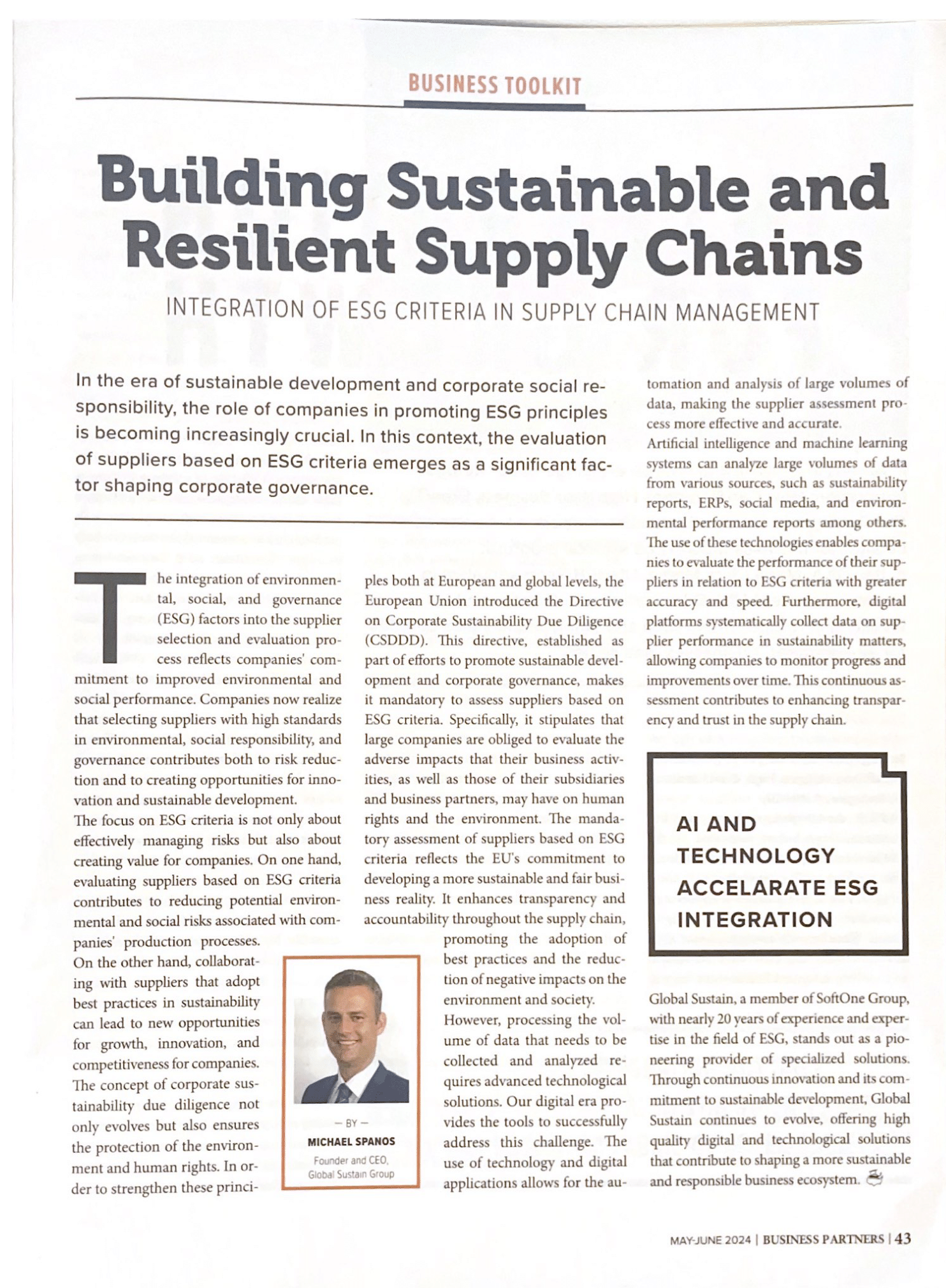

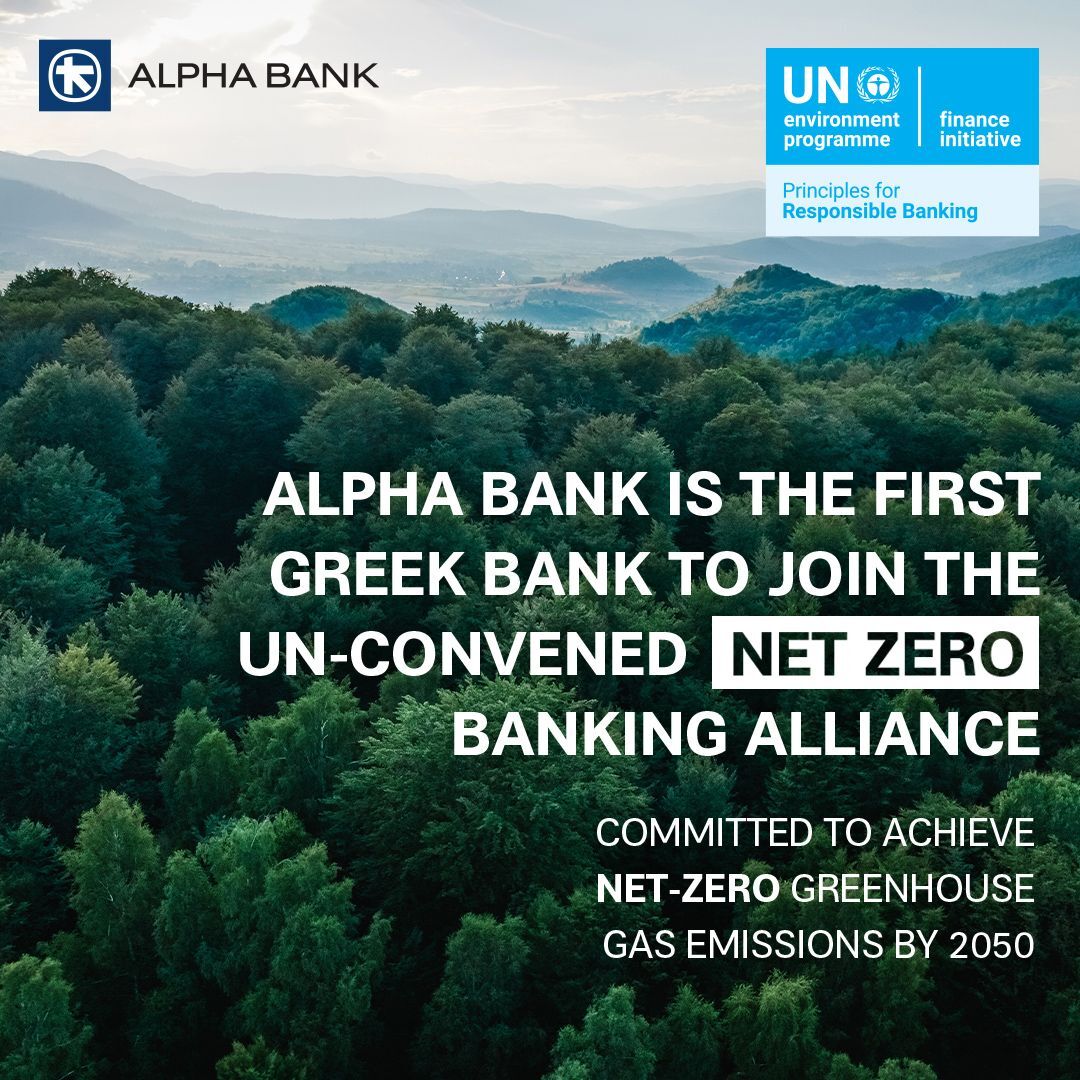



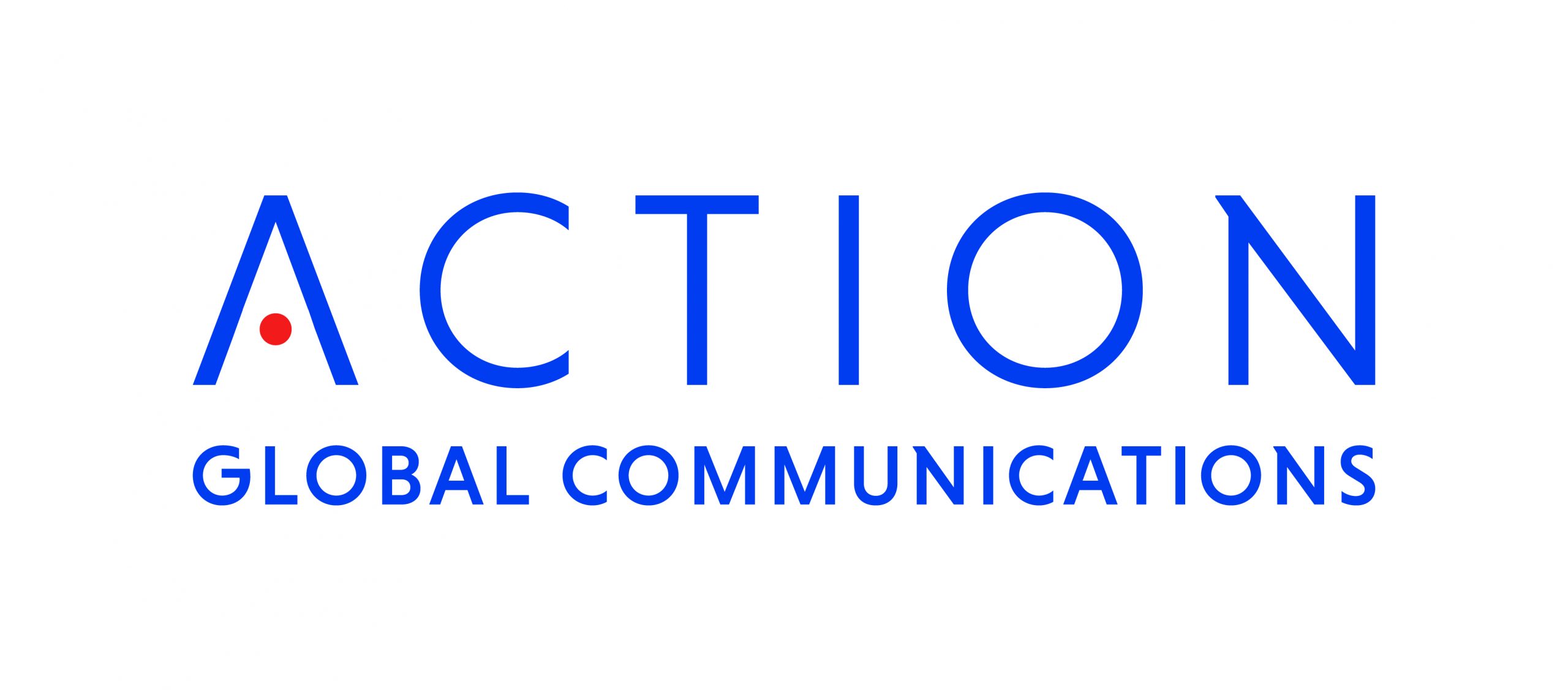













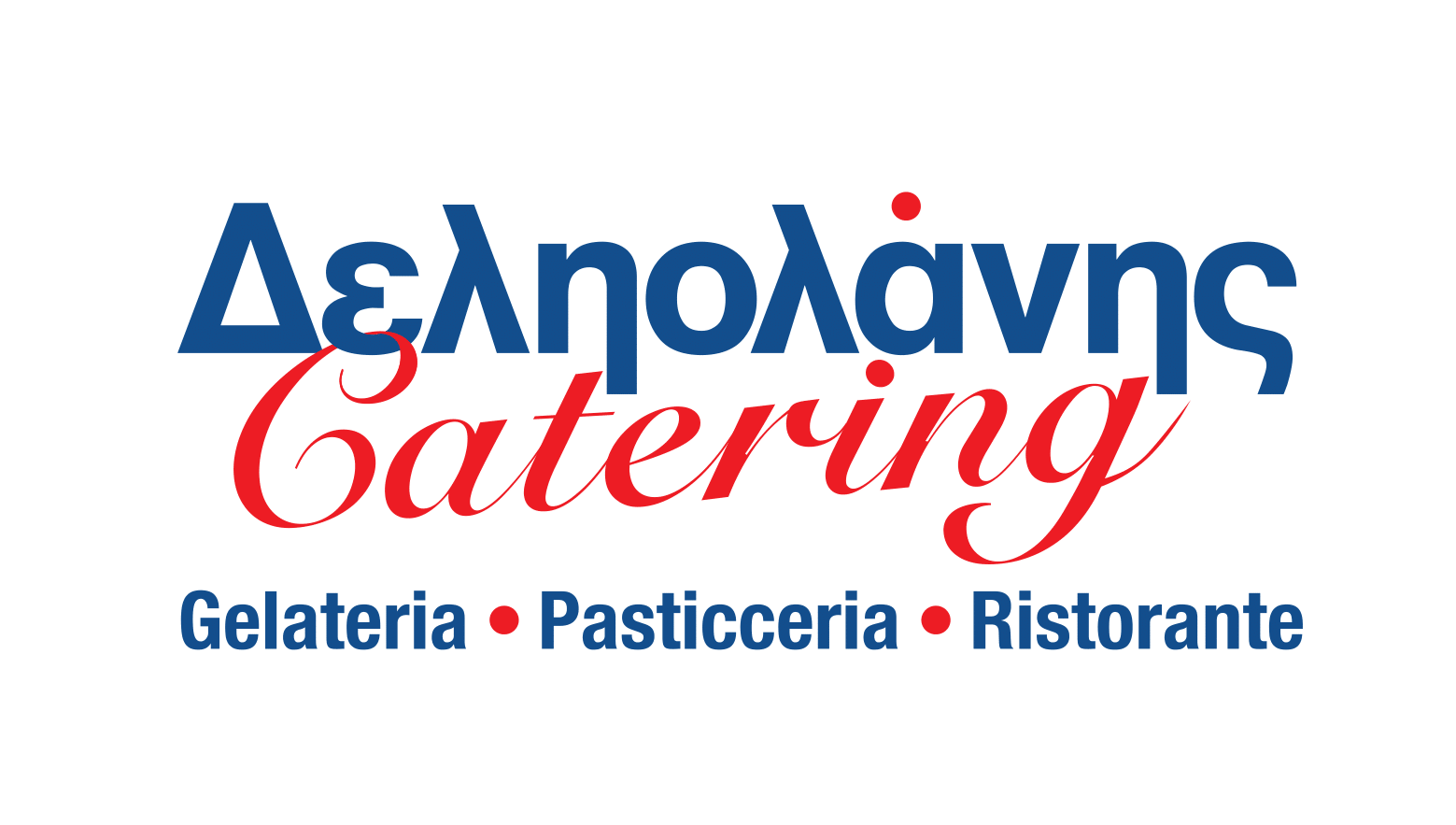








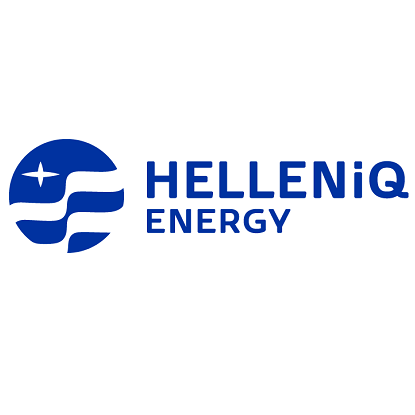

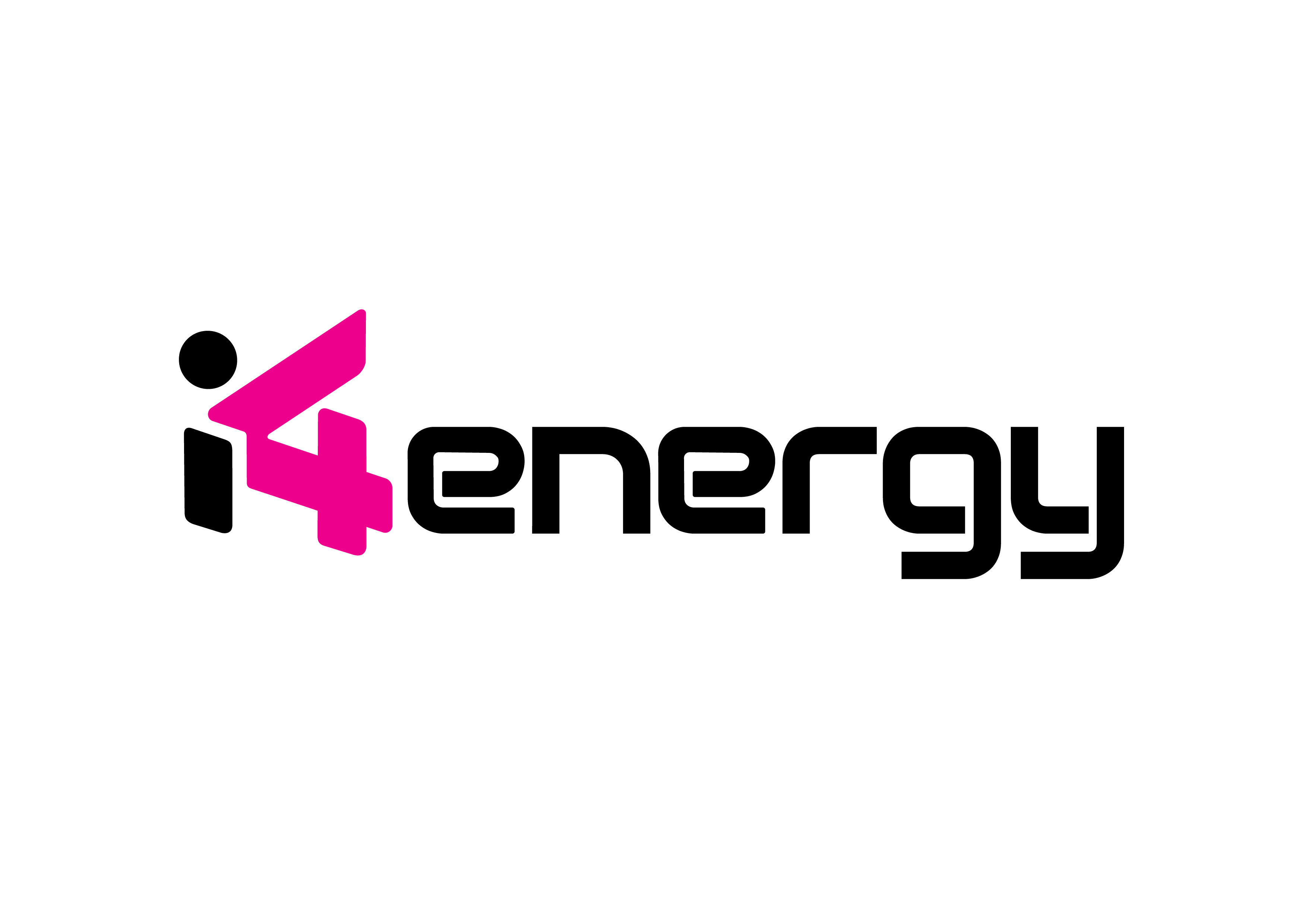

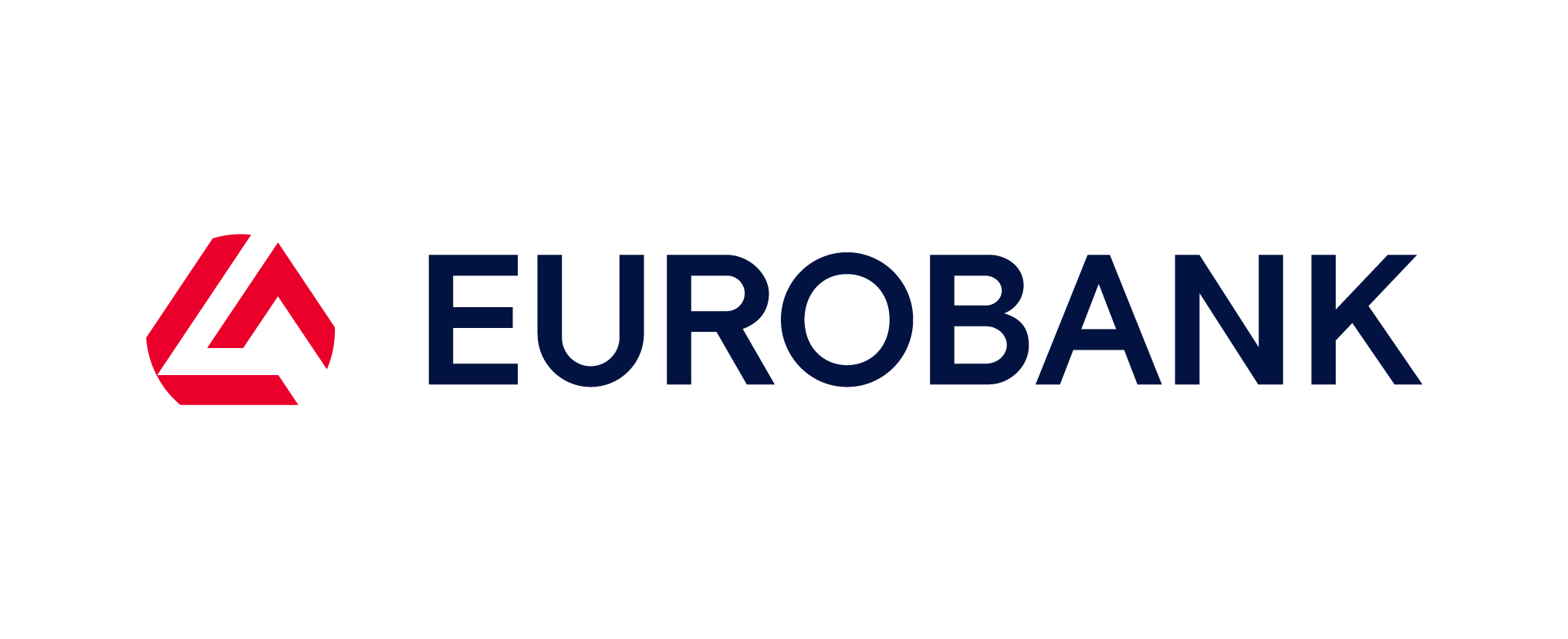

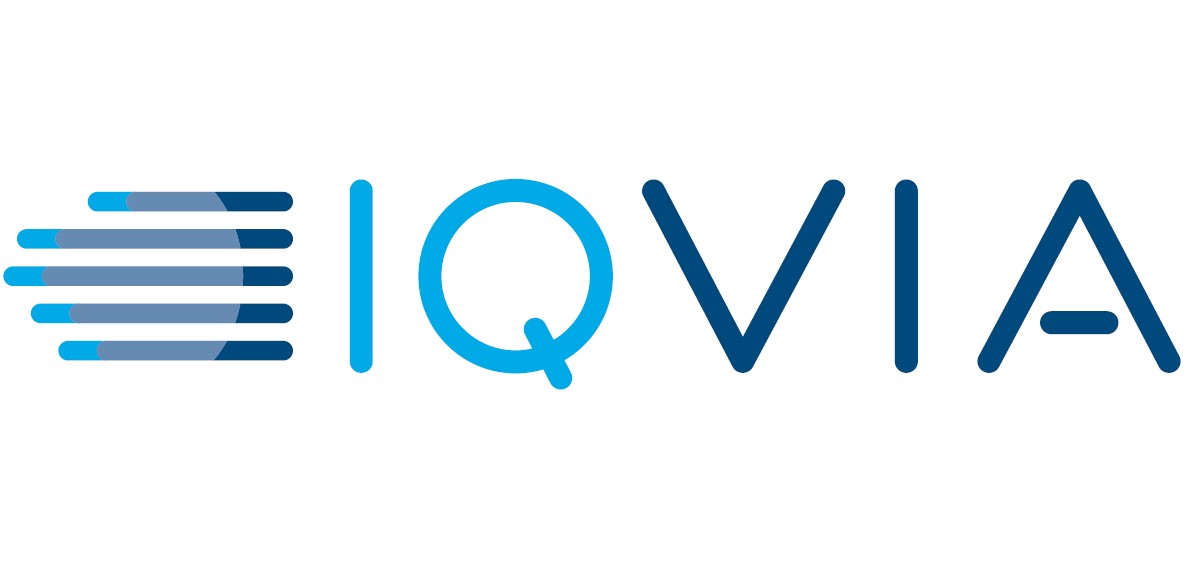



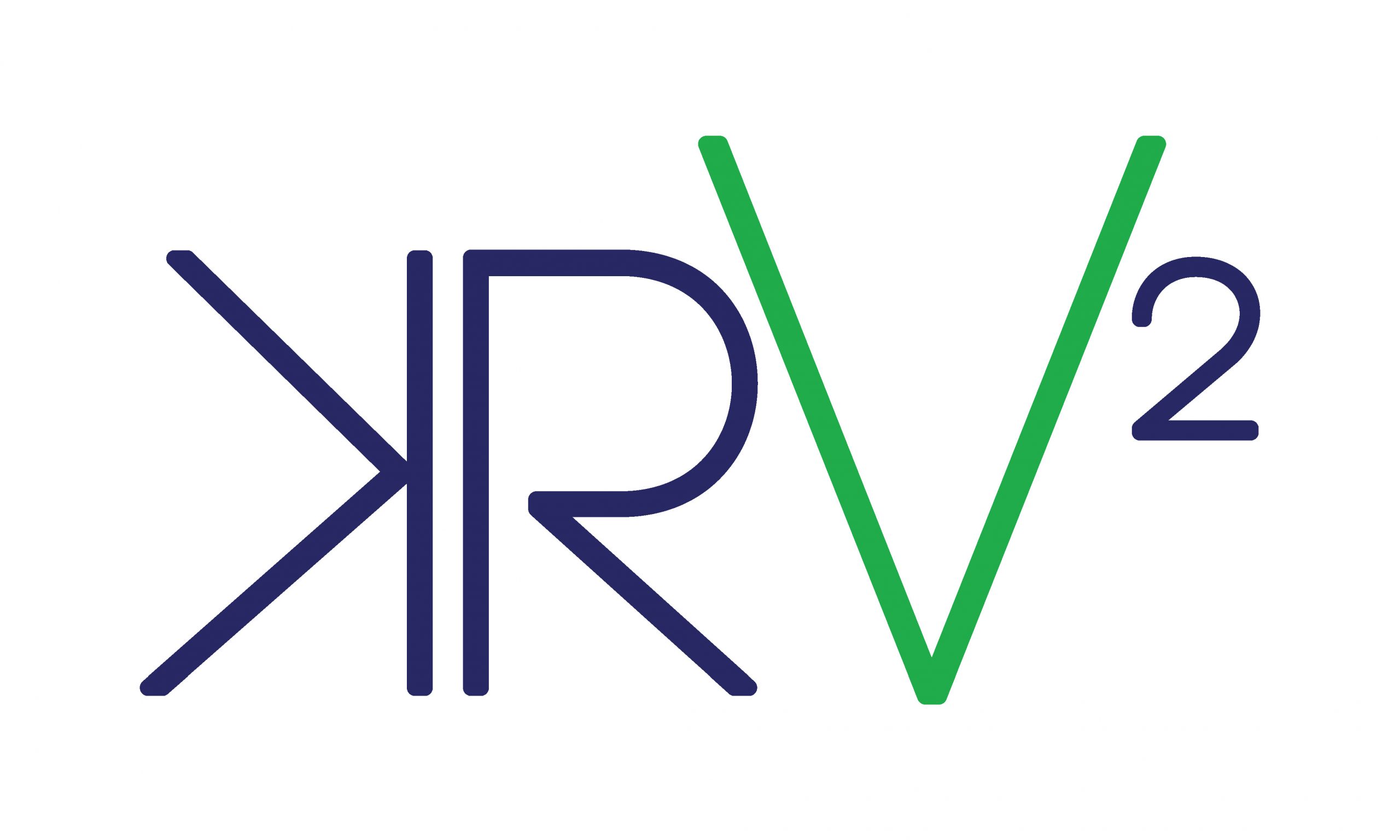

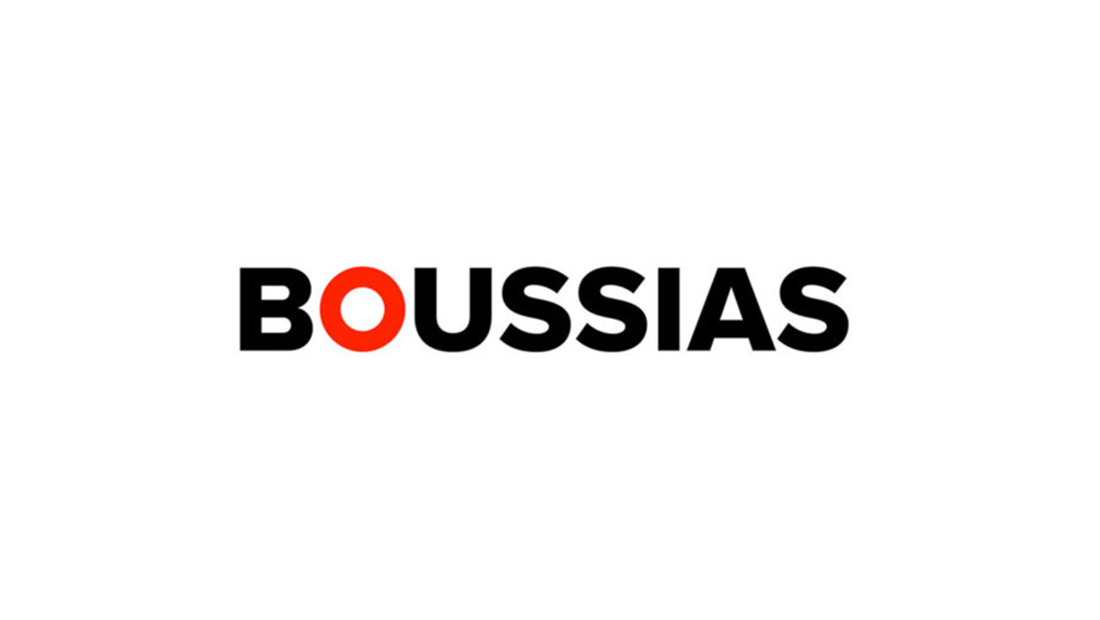
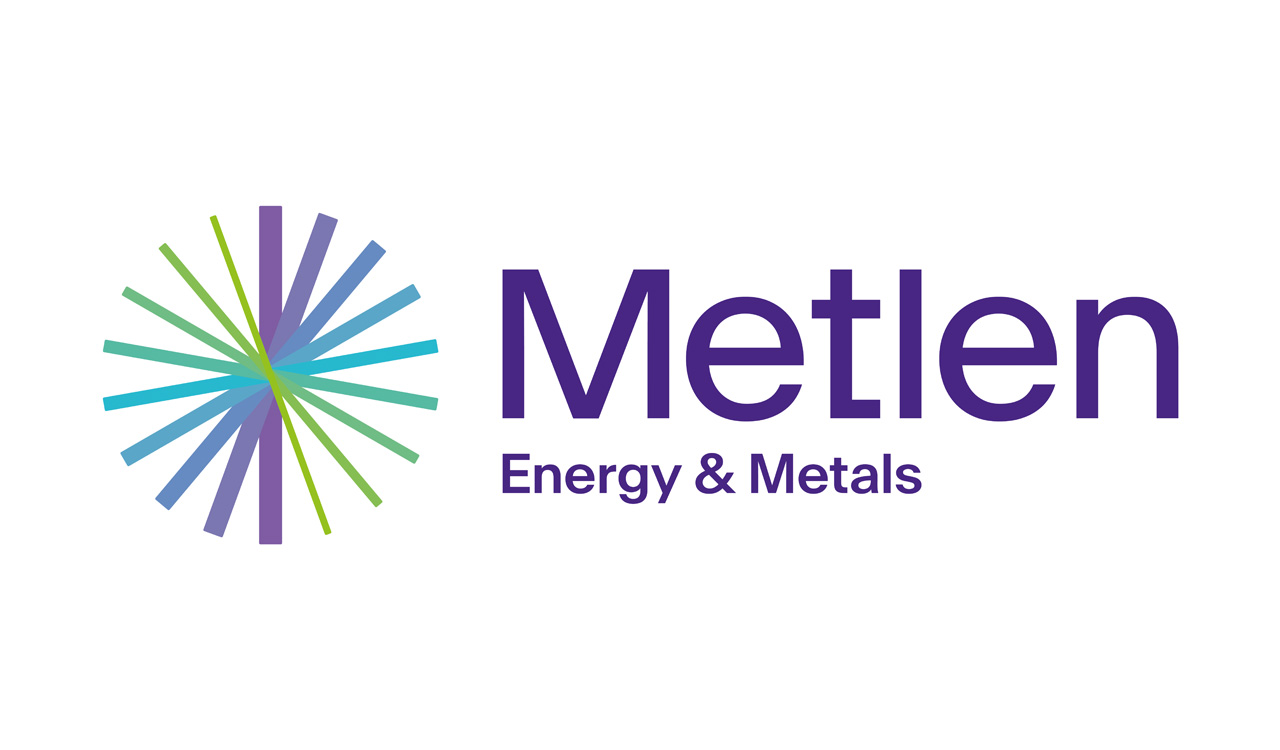



1.jpg)
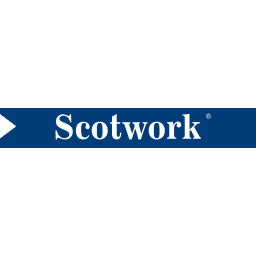


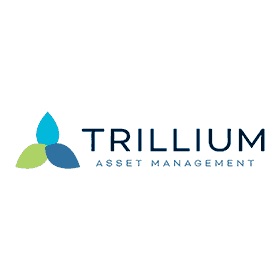

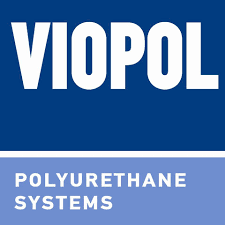






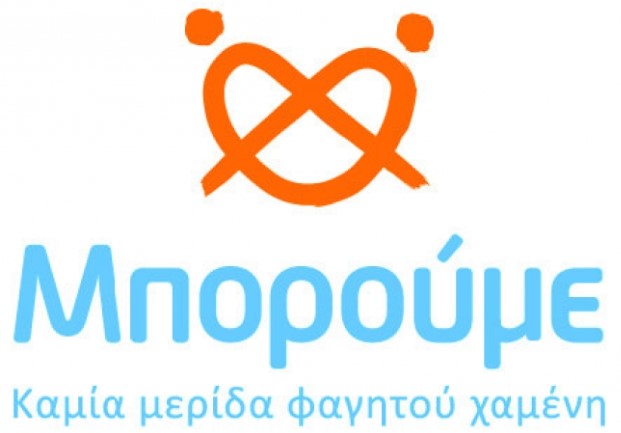




.jpg)
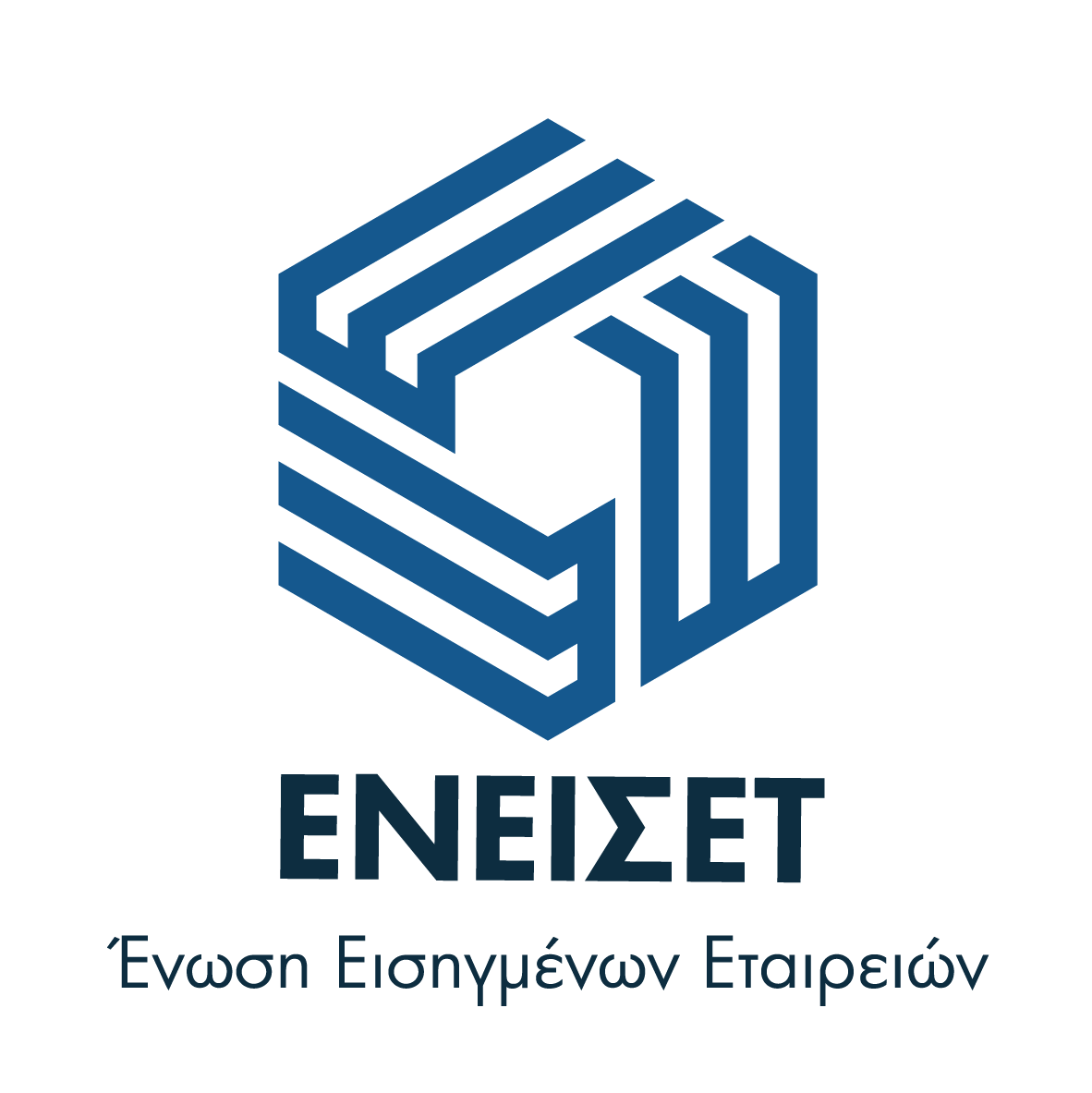




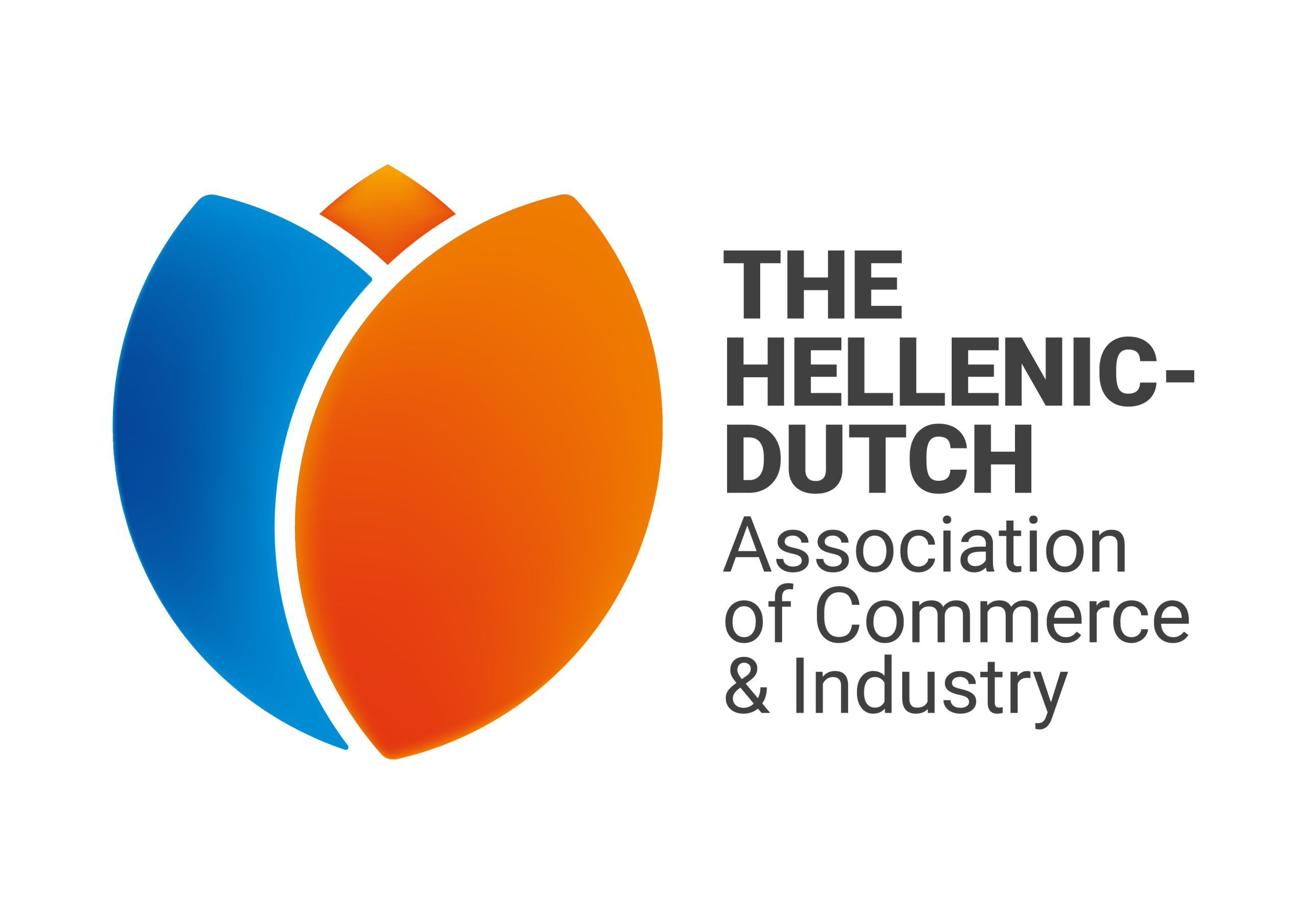
.jpg)



_.jpg)
.jpg)





